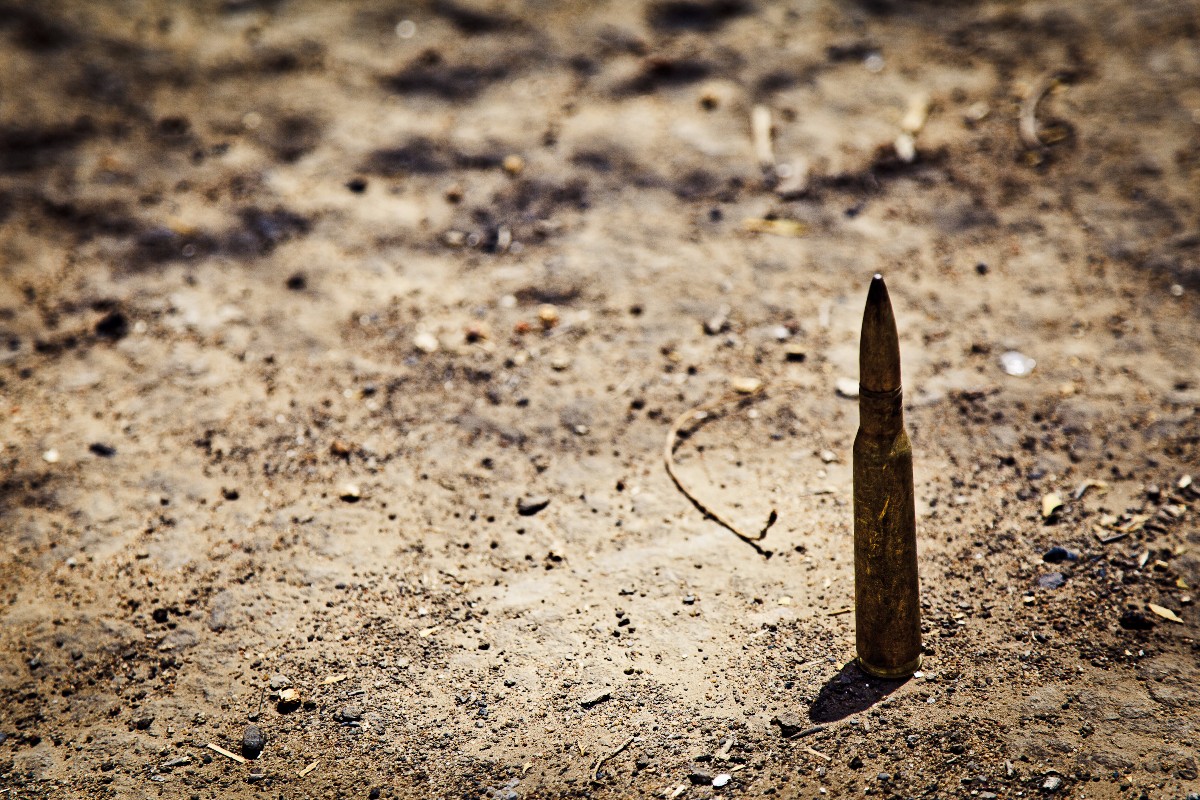 Photo Courtesy: Maker Abior on Flickr
Photo Courtesy: Maker Abior on Flickr
South Sudan: A Nation Unraveled
Post-Independence
Since its formation in 2011, South Sudan has suffered a brutal internal conflict which has left tens of thousands dead, and more than a million displaced within the young nation. The war has seen multiple atrocities committed by the belligerents, raising concern throughout the international community that the conflict has escalated ethnic divides between the Nuer and Dinka. Although condemnation for the civil war has been widespread, several prominent nations have been funneling weaponry into the vulnerable region, contributing to the sharp rise in violence and increased social and political instability. So, this begs the question: who is arming South Sudan, and why the callous indifference to the continuation of human suffering?
Foreign Investors
I. Since the start of the civil war, China has sold more than $20 million worth of ammunition and weaponry to the Sudan People’s Liberation Army (SPLA), the forces loyal to the government. Instead of monetary reimbursement, China has been receiving excessive amounts of South Sudan’s oil exports in exchange for modern weaponry and advanced weapon platforms.
II. After the establishment of South Sudan, Sudan lost vast amounts of oil reserves and portions of its national budget due to economic strain. To recover from these losses, Sudan increased its arms production with the intent of arming both the government forces loyal to Salva Kiir Mayardit, the president of South Sudan and the rebels led by Riek Machar, the deputy to Kiir. The policy to supply the two factions with weaponry is an incentive that focuses on the destabilization of the South in order for Sudan to reclaim the oil fields it had previously lost.
III. Israel has also played a major role in the arming of South Sudan. As the first nation to recognize the South, Israel has been instrumental in providing arms and surveillance equipment to combat rebel held territories and suppress political dissidents. Benjamin Netanyahu, the prime minister of Israel hopes to establish stronger political relationships in Africa in order to counter-act the diplomatic initiatives of the Palestinians at the United Nations.
The Human Cost
Due to the abundance of firepower for both military personnel and civilians, and lack of judicial oversight or control over them, the young nation has become awash with military equipment that has been used to kill thousands of innocents and commit war crimes with overt ethnic undertones. According to Small Arms Survey, Chinese and Sudanese bullets were used in a massacre of non-combatants in 2014. Amnesty International reported atrocities committed by government forces, consisting of indiscriminate killings, mass rape, abduction, and burnings. Furthermore, the circulation of firearms and ammunition throughout the nation makes it even more difficult to hold a party or a foreign entity accountable for crimes against non-combatants, as both sides are using weapons that have their identifying markers scratched or sawed off.
The Solution
Shifting political alliances and sporadic fighting have complicated the peace process in the South. Russia recently blocked an arms embargo proposed by the UN, stating “such moves were not helpful to the implementation of a peace deal.” China also faulted on the arms embargo, and has shown reluctance to commit a larger amount of peacekeepers to protect civilians from violence. This is a failed approach. Punishing the inhabitants of South Sudan for a civil war – a war which was essentially predictable – is detrimental to the socio-economic prosperity of the nation, and will facilitate a deeper mistrust of foreign involvement and investment throughout Africa. Instead, the U.S. and its European counterparts should impose sanctions and politically pressure countries that willfully sell weapons to forces in the South with the knowledge that they are being used to commit atrocities.





